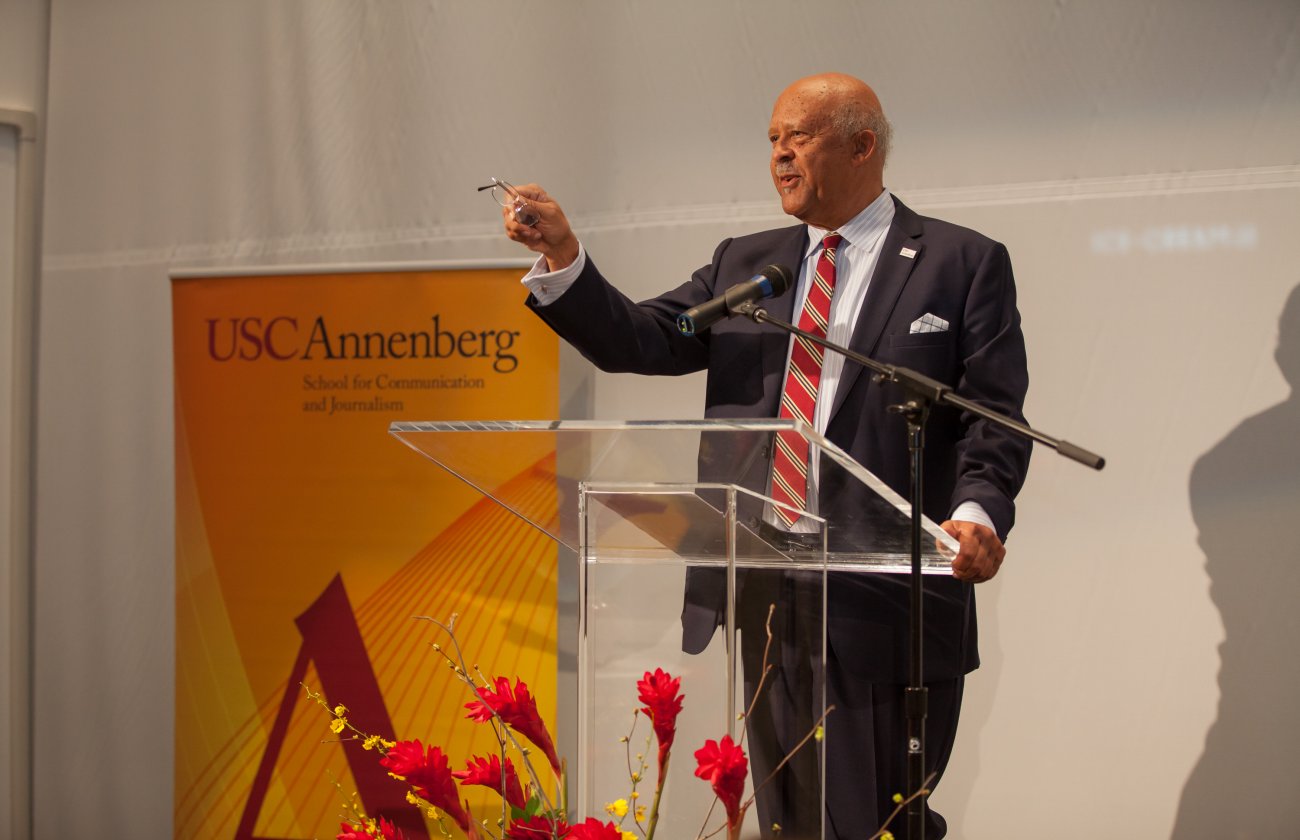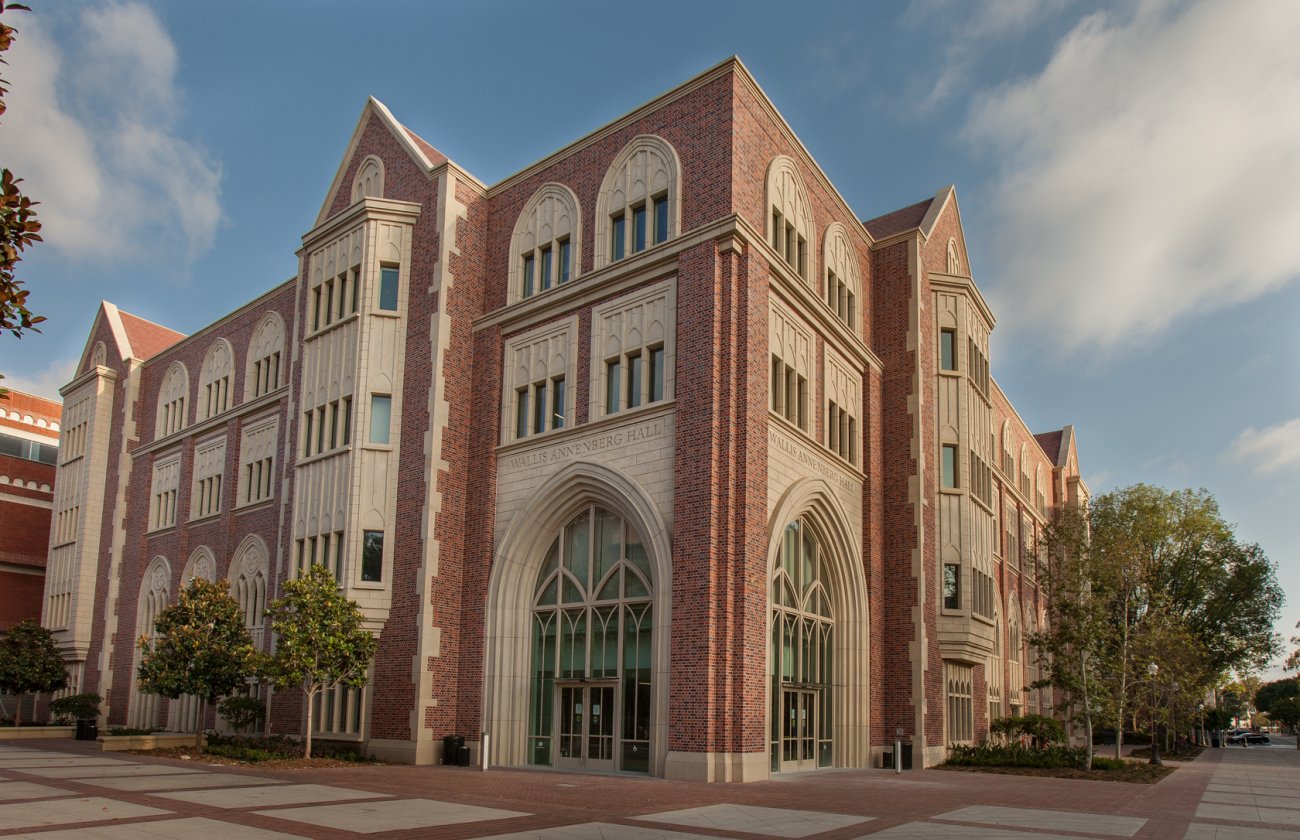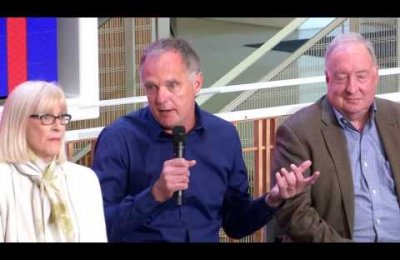At USC Annenberg, we don’t just cover the news, we make it. “Quoted: USC Annenberg in the News” gathers a selection of the week’s news stories featuring and written by USC Annenberg’s leaders, faculty, staff and others.
How have mobile phones changed the way we think about time? Professor Manuel Castells told The Economist described teenagers' use of phone a playing out in a "timeless time."
As our lives become even more phone-based, "activities and exchanges happen in parallel or even backwards (when people’s lives come with timelines, it is a common experience to find out what they said first only after you know what they said next)."
Joseph Nye's 'American Century'
In a 1941 editorial in Life magazine, publisher Henry Luce called on his readers to "create the first great American century."
Professor Philip Seib referenced Joseph Nye's new book "Is The American Century Over?" to answer this question.
"[Nye's] answer is a carefully constructed 'No,' which is based partly on the fact that there is no logical successor to convincingly claim dominance over the next century," Seib said. "Even the U.S. finds itself sharing the world stage with a growing cast of states and non-state actor, all with influence enhanced by new information and communication technologies."
When memory misses a beat, music can offer dementia patients new meaning
Professor Judy Muller spoke to PBS about her research on the benefits of music in providing help to people suffering from several forms of dementia.
Muller explored her theory through a group of musicians called The Fifth Dementia, a humorous reference to the fact that all of the members suffer, to varying degrees, from dementia.
"For them, music reaches past memory to a place deeper than memory," Muller said. "The wives and families of these men say the music has made a difference, lowering their depression and raising their energy, and there's science to support that."
Managing Director and Director of Research at the Norman Lear Center Johanna Blakley wrote about making media smarter for the UOC "Open Thoughts Smarter" blog.
"The tremendous data sets offered emerging from social media networks offer us the opportunity to understand ourselves, and our engagement with media," Blakley said. "We want media makers to have a far more sophisticated and detailed understanding of their audiences needs, values and taste."
Blakley has been co-principal investigator on USC's research initiative: The Media Impact Project for the last two years.
"I'm optimistic that we can help make media more accountable to audiences and contribute to a better understanding of the role that media plays in people's lives," Blakley said.
Press and Japanese Internment in World War II
Professor Richard Reeves had his class discussion, about the internment experiences of the Japanese on the U.S. West coast and how the press fueled hysteria over sabotage, broadcast on C-SPAN.
"Because of the way the press reacted to [Pearl Harbor], the country reacted the same way," Reeves said. "There was a great deal of censorship in World War II ... and the censorship went so far as that until D-Day in 1944, news media were not allowed to show pictures of dead Americans. ... That ended with [D-Day] because the press knew Pearl Harbor was coming. And, through the press, the public knew it was coming."
Reeves also touched on how the experiences of Japanese Americans varied widely depending on where in the U.S. they lived.
"Like gerrymandering in politics, the lines had to be drawn pretty carefully," Reeves said.








